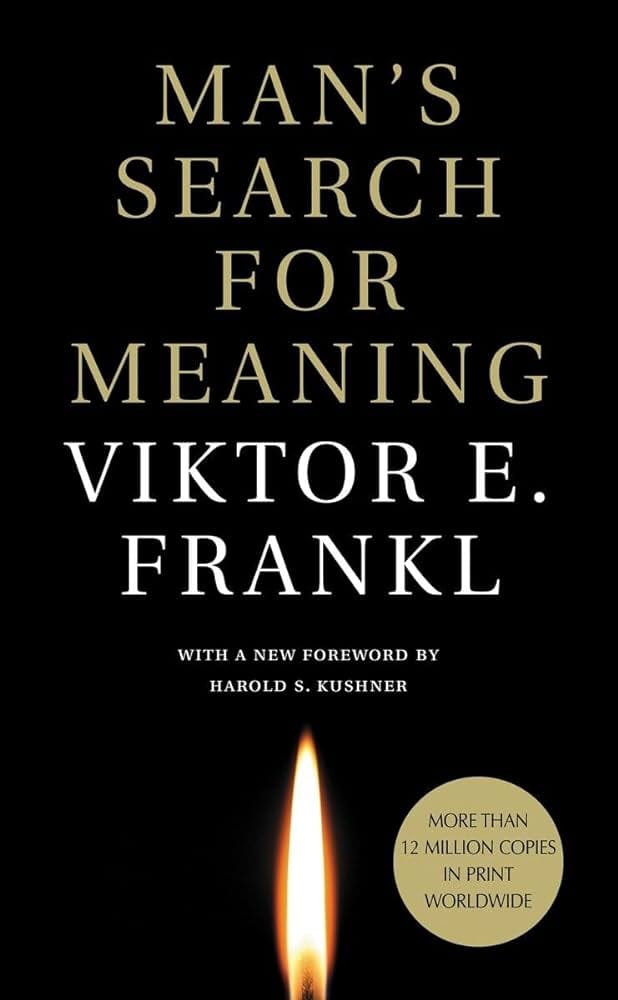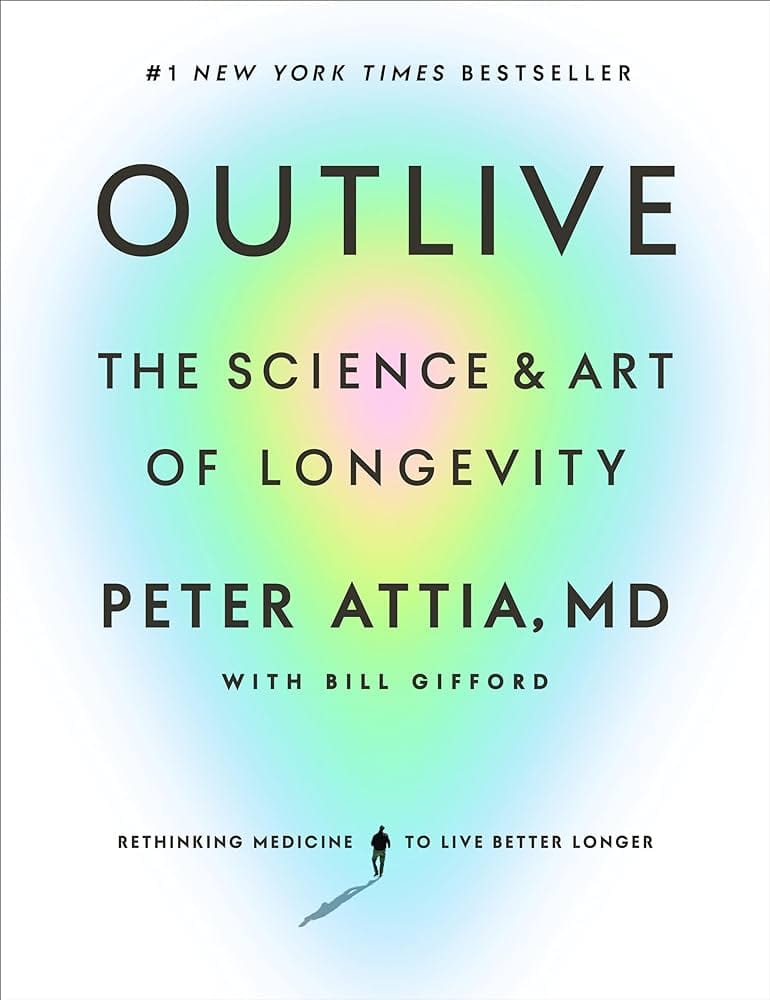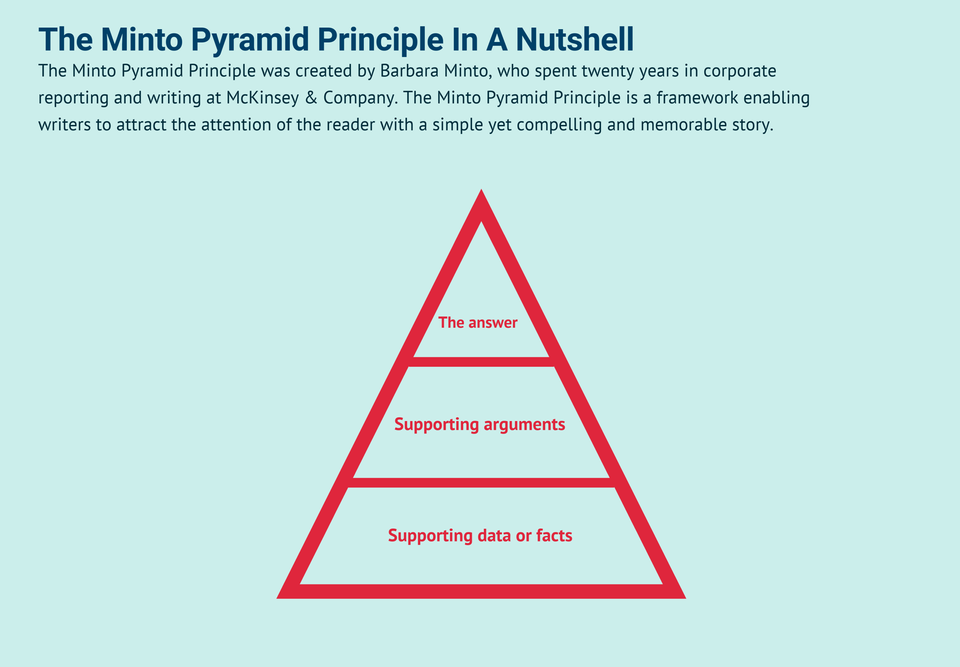Man's Search for Meaning (Victor E. Frankl)

Psychiatrist Viktor Frankl's memoir has riveted generations of readers with its descriptions of life in Nazi death camps and its lessons for spiritual survival. Frankl argues that we cannot avoid suffering but we can choose how to cope with it, find meaning in it, and move forward with renewed purpose. He holds that our primary drive in life is not pleasure, as Freud maintained, but the discovery and pursuit of what we personally find meaningful.
These are my reading notes from the book. All errors, omissions, and misrepresentations are mine.
Life is not primarily a quest for pleasure, as Freud believed, or a quest for power, as Adler taught, but a quest for meaning. The greatest task for a person is to find meaning in his or her life. As Nietzsche wrote, "He who has a why to live for can bear with almost any how".
Experiences in a Concentration Camp
Frankl identifies three sources for meaning:
- In work, doing something significant.
- In love, caring for another person. The salvation of man is through love and in love.
- "In a position of utter desolation, when man cannot express himself in positive action, when his only achievement may consist in enduring his sufferings in the right way—an honorable way—in such a position man can, through loving contemplation of the image he carries of his beloved, achieve fulfillment."
- "Love goes very far beyond the physical person of the beloved. It finds its deepest meaning in his spiritual being, his inner self."
- In courage during difficult times. Suffering itself is meaningless, but our response to it gives it meaning.
Humor is an additional one of the "soul's weapons in the fight for self-preservation" – it provides an "aloofness and an ability to rise above any situation".
Suffering "completely fills the human soul and the conscious mind, no matter whether the suffering is great or little" – it's similar to the behavior of a gas, which when pumped into a chamber will fill the chamber, no matter how big or small. Conversely, the smallest thing can also cause the greatest of joys.
Is man no more than the product of biological, sociological, and environmental factors? Frankl argues that man does have a choice of action, of how to respond: to overcome apathy and irritability; to preserve "a vestige of spiritual freedom, of independence of mind" even in the most stressful conditions. Everything can be taken from us but one: "to choose one's attitude in any given set of circumstances; to choose one's way". We can make the decision to preserve our inner freedom; to control what we feel and what we do about what happens.
An active life lets us derive value from creative work, whereas a passive life fulfills us with experiences in art, beauty, or nature. But purpose can exist beyond creation or enjoyment – purpose in our attitude towards our existence, the way we accept our suffering and our fate and how we respond. Will we remain "brave, dignified, and unselfish", or will our "bitter fight for self-preservation" cause us to lose our human dignity and become no more than an animal? "Everywhere man is confronted with fate, with the chance of achieving something through his own suffering."
When faced with no future goal or an uncertain future, we may occupy ourselves with retrospective thoughts, looking into the past to make the present seem less real. But that makes it that much harder to see the opportunities to make something positive of the present – opportunities that always exist.
It can help to try to rise above ourselves and look at ourselves from an outside, analytical perspective. As Spinoza said: "Emotion, which is suffering, ceases to be suffering as soon as we form a clear and precise picture of it."
We must change our perspective from what we expect of life, but what life expects of us. When life questions us, we must respond in right action and right conduct – ultimately taking responsibility to find the right answer to its problems, and to "fulfill the tasks which it constantly sets for each individual". Every situation is unique, and there is always only one right answer to the situation at hand. Even in suffering, man must realize that he is bearing his cross alone, and his unique opportunity is in the way he carries his burden.
That same singleness to our existence also has a great impact on our creative work as well as our love. We bear a unique responsibility towards our loved ones, towards our unfinished work, and we cannot be replaced; and in that responsibility lies the "why" of our existence. In our difficult hours, someone is always looking at us – our friends, our spouses, someone alive or dead, or a God – and expects us not to disappoint; to suffer proudly, not miserably.
Logotherapy in a nutshell
Many of us are living in an existential vacuum – a feeling of total and utter meaninglessness in our lives. Having lost both our animal instincts and traditional behaviors that would have told us what we should do, we often find ourselves doing what others do (conformism) or doing what others wish for us to do (totalitarianism). We live, devoid of meaning, in a state of boredom – especially when we are away from the rush of our work week, and become aware of the lack of content in our lives. Our vicarious attempts to compensate through pursuits of money, power, or pleasure fall short and leave us unsatisfied.
Compared to traditional psychoanalysis, logotherapy (from logos, Greek for "meaning") is less retrospective and less introspective; instead, it focuses on meaning – the meanings to be fulfilled by us in the future. There is a will to meaning instead of the Freud's will to pleasure and Adler's will to power or will to superiority – and the meaning that man must search for as his primary motivation is unique and specific to him alone.
We must grow to accept our existential frustration: our striving to find a concrete meaning to existence, and the suffering and despair that it often entails. Instead of treating this distress as a pathological neurosis, logotherapy helps find the meaning buried in our unconscious – what we long for from the depth of our being.
Our search for meaning will likely create inner tension rather than inner equilibrium – a tension between what we have already achieved and what we still must accomplish; between what we are and what we should become. We will find our meaning as a challenge to fulfill, a striving and struggling for a worthwhile goal, as opposed to a tensionless state of homeostasis.
We must be careful to unmask "pseudovalues" that are a result of hidden inner conflicts – to peel away layers until we find what is authentic and genuine.
What matters is not the abstract meaning of life in general, but rather the specific meaning of our life at a given moment. We each have a unique mission in life, with unique tasks, opportunities, and problems, and we bear responsibility for its fulfillment, either to society or to ourselves: "Man does not simply exist but always decides what his existence will be, what he will become in the next moment."
We can discover our meaning in life in three different ways:
- Creating a work or doing a deed, the way of external achievement or accomplishment.
- Experiencing something internally such as goodness, truth, or beauty in nature or culture; or experiencing another human being's innermost core and uniqueness through love.
- By the attitude we take toward unavoidable suffering.
Love is the only way to become aware of the innermost essence of another human being, to see the potential in him that is not yet (but ought to be) actualized. By making the beloved aware of what he can be and what he should become, these potentialities can come true.
There is also meaning to be found in hopeless situations, in bravely facing a fate that cannot be changed. When we can no longer change a situation, we are challenged to change ourselves – to turn our predicament into an achievement, our tragedy into a triumph. By taking pride in our suffering, by seeing it as ennobling instead of degrading, we avoid being "not only unhappy, but also ashamed of being unhappy".
Of course, suffering and unhappiness is not necessary to find meaning – suffering unnecessarily (when it is avoidable) is masochistic, not heroic.
The thought of death, of the temporary nature of our existence, can seem to take meaning away from life. But instead of being passive and pessimistic, sadly watching each day pass by and our lifetime grow thinner, we can choose to be active – to mark each day with our own notes and own decisions, filing it away neatly with all the other days in our past. We can look back with pride at our realities of deeds done and love loved, or suffering bravely suffered.
The "defiant power of the human spirit" is the best manifestation of this tragic optimism – "without the suffering, the growth that I have achieved would have been impossible". We can choose to rise above, to transform suffering into accomplishment, guilt into the opportunity to change ourselves, and life's temporary nature into an incentive to take responsible action and to act properly the first time around.


![[WIP] Wanting: The Power of Mimetic Desire in Everyday Life (Luke Burgis)](/content/images/size/w960/2024/05/51Qy7hYjK0L.jpg)
